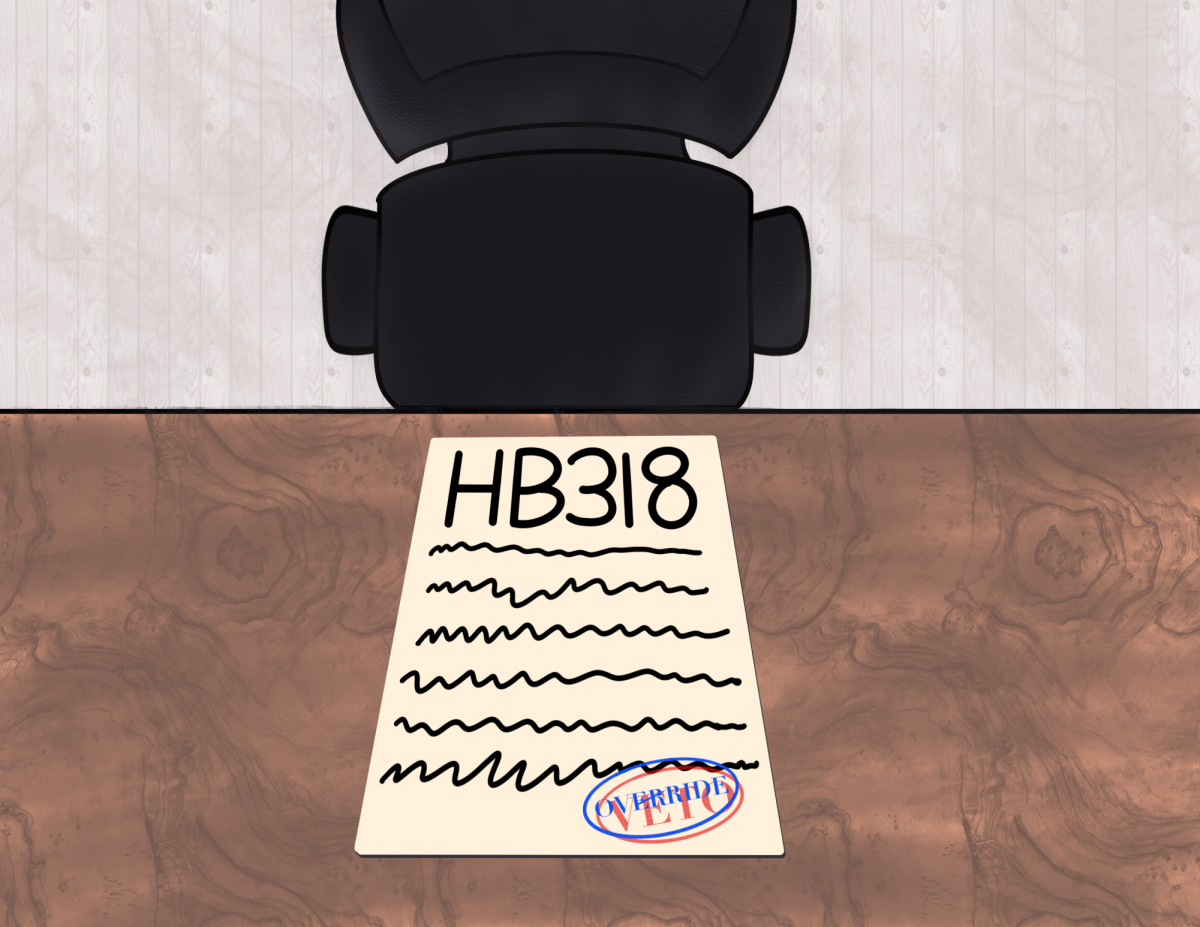Most are familiar with the story of Faustus – the man who “sells” his soul to the devil in exchange for infinite happiness and wisdom. When thinking about this particular tale I often wonder, “Is there anything that I desire so strongly that I might even consider ‘selling my soul’ to the devil for it?” Well, not really. But, personally, if anything were worth my soul (whatever that’s worth) it would be the answer to the question that consumes me almost entirely, “What happens after we die?” There are endless hypothetical responses to that question. Almost every religion, every philosophy and every person has a different answer and idea. The fact of the matter is no one knows for certain. Even with all the great advancements in technology, medicine and science, we have yet to come within a million miles of discovering the nature of the hereafter. Perhaps it is a question to be left alone for theologians and philosophers, but by now everyone should know that science wants and deserves its crack at it. Mary Roach, in her new book Spook: Science Tackles the Afterlife, describes some important (and humorous) attempts by scientists seeking to either discover the existence of a soul or the condition of existence after death. Some of the experiments mentioned, especially the older ones conducted in a reign of superstition, are far more silly than scientific. However, the more modern experiments are quite intriguing. Science’s most recent attempts to discover what happens when one has an out-of-body or near-death experience is perhaps the closest we have come in history to knowing what exactly one experiences in such a state. Some have reported seeing the infamous “bright light,” while others say that they are able to look down on themselves from above – an aerial view of sorts. One person who was interviewed about his experiences during cardiac arrest recalled seeing a red shoe on the roof of the hospital he was in. Turns out, there really was a red shoe on the roof of the hospital. The scientific method might not ever be able to explain how and why a technically deceased person knew of the red shoe on the hospital roof. Most honest scientists will admit that their profession is seductive – it can lead one on to answer questions once deemed unanswerable, but it also has the potential to change and betray all of one’s findings at any moment. Science, I believe, will inch closer and closer to understanding what happens when we “flatline” and are resuscitated, but never will it be able to tell us what happens when we are gone for good. It appears that, for now at least, the only ones who know are those unable to tell us. Religions quarrel and differ about what happens after death. Throw in all the various interpretations of heaven, reincarnation and even a little karma and what one has is a big dogmatic disagreement. Perhaps one or even some of these beliefs are entirely accurate, however, the chances of that are slim-to-none. My previous personal beliefs about the afterlife were built upon “solo fides” premises. Now, I have come to embrace philosophy, psychology, science and also religion as my light in the quest for truth. I believe they all bring something to the table, and I cannot convince myself intellectually to only follow one blindly. This quest for truth is something that hopefully everyone endures. As different as the world’s peoples and cultures are from one another, we are all still united in the fact that we are living human beings who do not know what happens after we die. It is this unattainable knowledge that drives and unites Muslims, Christians, Hindus, Buddhists, atheists and agnostics in their search for the understanding and proof of mere existence of the “next life.” Everyone wants to know what is next. All we know is existence and therefore the contemplation of possible non-existence scares us. Thus, most of us strive to sincerely believe in immortality – no one wants to die for good. Some religions argue that immortality is not just about continued existence, but more importantly, about the fulfillment and perfection of self in the basking light of his or her god. Perhaps as our lives expire we simply dose off into our eternal nonexistence, our eternal nap. Nobody knows for certain.
E-mail Warren what you think happens when the lights go out at [email protected]




